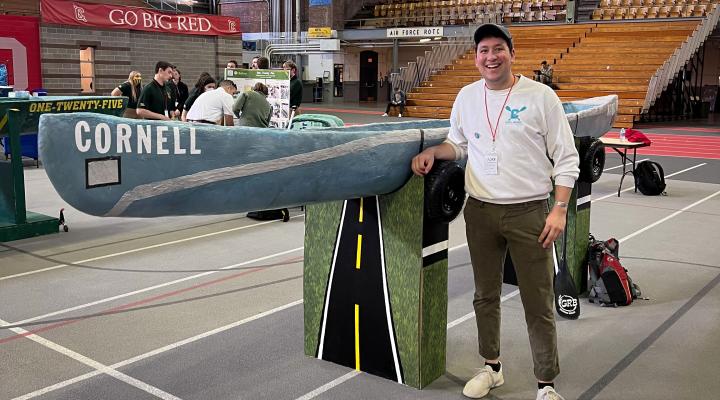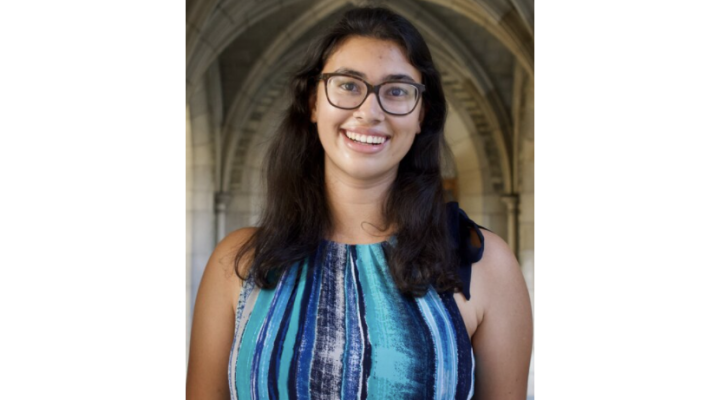What inspired you to pursue a degree in environmental engineering?
Growing up in Boston, Massachusetts my family and I spent many afternoons along the Charles River and Boston Harbor. The Charles River flows through Boston and has been infamously immortalized in the lyrics to the classic song "Dirty Water." As a child, I enrolled in a sailing program which gave me firsthand experience on (and in) that dirty water. Sailing classes were sometimes canceled after large rain events because the city’s combined sewer system would overflow and discharge raw sewage directly into the river and harbor. After years of continuous remediation efforts from both the private and public sectors, the Charles River (a water body into which I used to fear falling) transformed into a water body in which I would readily swim. This influential experience throughout my young life led to my keen interest in water quality and particularly how advances in environmental science and engineering could rehabilitate water quality for potable and recreational use.
As an undergraduate at Syracuse University, I was a research assistant for 2 years with Dr. Charles Driscoll (who is a Cornell graduate, MS '76, Ph.D. '80 in environmental engineering). We were examining the effects of local green infrastructure on water quantity and quality. I worked closely on a local green roof at the Center of Excellence headquarters building in downtown Syracuse, NY. At graduation, I was awarded the " Earl H. Devoe Prize for Outstanding Undergraduate Research." I also completed an internship with Raymond International, in the United Arab Emirates and Kuwait, examining the means and ways of transporting potable water in arid regions. I was inspired to continue with environmental engineering, particularly water quality through these experiences.
What drew you to Cornell CEE?
I decided to attend Cornell because my research interests were aligned with Dr. Helbling's, and because of the freedom that Cornell Engineering gives to truly customize Ph.D. curricula and research projects.
Tell us about your current research.
I am interested in the biotransformation of trace organic contaminants (e.g., pharmaceuticals and pesticides). Specifically, I am interested in identifying the chemical or biological determinants of micropollutant removal in engineered bioprocesses and developing optimization strategies. I am running several biofiltration columns and measuring the removal and transformation of micropollutants under varying physical and chemical conditions.
What about your research supports the “Breaking the Rule” mentality?
Most papers about similar research do not report or examine the transformation products. They only report removal rates of trace organic contaminants, which is not the whole story. The effluent concentrations of the contaminants are lower but that is not always because they are removed, they could be transformed into other chemicals. At Cornell, we have a Q-Exactive High Resolution Mass Spectrometer which allows us to find transformation products in the effluent. The transformation products are important because they can be as toxic or more toxic than their parent compounds.
(Corey works in the Helbling Research Group.)
Have you received any awards at Cornell?
I was awarded the Graduate School's "Cornell Fellowship" upon admission.
What are some of your extra-curricular activities?
During my free time, I enjoy going to the Big Red Barn's trivia nights, and hiking Ithaca's gorges.




